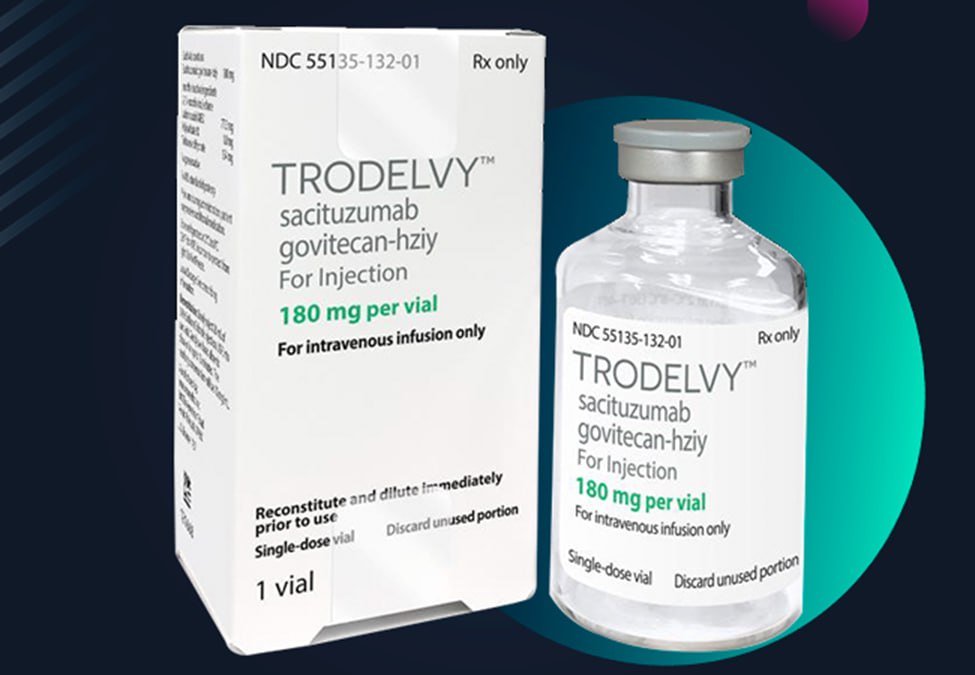Gilead Sciences’ Trodelvy lowered the risk of disease progression in an aggressive type of breast cancer by 38% when used as an initial treatment, according to trial results presented on Sunday.
The trial compared Trodelvy to a standard treatment of chemotherapy in 558 previously untreated patients with advanced triple-negative breast cancer, or TNBC, whose tumors don’t express the PD-L1 protein — targeted by immune system checkpoint inhibitors such as Keytruda.
The drug received its first U.S. approval in 2020 for the treatment of advanced TNBC in patients who had received at least two prior therapies.
TNBC is an aggressive type of invasive breast cancer that tends to grow and spread faster, has fewer treatment options and tends to have a worse prognosis. It accounts for about 10% to 15% of all breast cancers.
Antibody-drug conjugates such as Trodelvy are designed to deliver an anti-cancer drug more precisely to malignant cells, causing less damage to healthy cells than chemotherapy.
During the trial, patients on Gilead’s drug went for a median period of 9.7 months without their cancer progressing, a measure known as progression-free survival, compared to 6.9 months for those on chemotherapy.
The trial’s initial results were shared in May. The latest findings were shared at the European Society for Medical Oncology meeting in Berlin.






